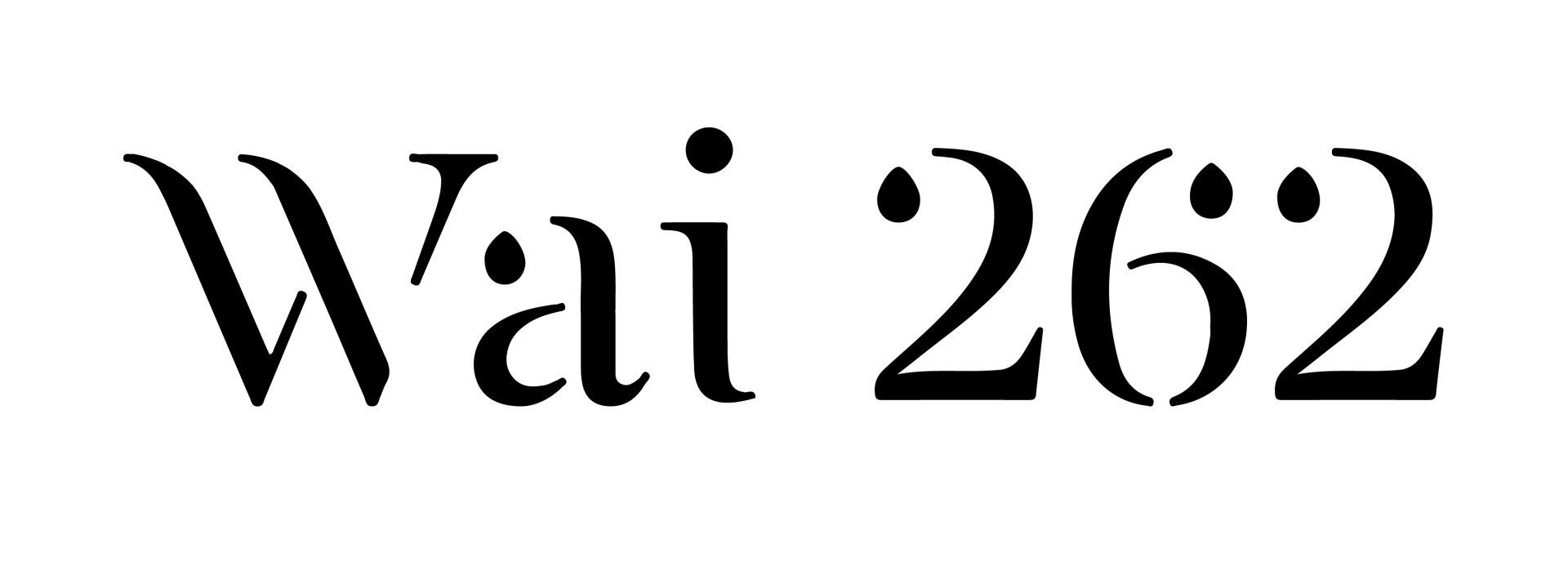Photo: Mere Takoko
Photographer: Josie McClutchie
“This knowledge (mātauranga Māori) is extremely special and originates from Hawaiiki – the original homeland of the people of the Pacific. Our ancestors observed the winds, the tides, the stars, the planets, and the cycles of nature and developed very successful ways to grow kai, harvest the bounty of the oceans and inform their calendrical systems like maramataka."
Maintaining mana motuhake
Ehara taku maunga i te maunga nekeneke, he maunga tū tonu mai onamata.
Ko toku mana tuku iho nō Tuawhakarere - he ihu to mai nō Te Pō.
My mountain is a mountain that does not move, it has stood steadfast from time immemorial.
My prestige descends to me from the beginning of all things - a legacy from the time of the Great Night.
Mere refers to this whakataukī as testimony to the stance she and many other expert witnesses shared as part of their evidence for the Wai 262 claim. Māori, she says, continue to maintain and enjoy their mana motuhake over their whenua and the taonga that are special to them.
Recalling the time leading up to Wai 262, Mere says, “It was a wonderful time, a time when a lot of the original kaumātua were still around. They provided us rangatahi (I was in my early twenties at the time) with a lot of inspiration.”
Early leadership and mentors
“I have taken a lot of the lessons from those kaumātua, particularly those from the north, who were providing early leadership at the time. One such kaumātua was one of my mentor’s Te Puihi ('Percy') Tipene of Ngāti Hine. Another of my mentors was Angeline Greensill who also gave evidence at the same Wai 262 hearing.”
Percy had got Mere involved with Te Waka Kai Ora, the national Māori organics network. Mere was one of the founding board members. At that time, they were very concerned about genetically modified organisms in Aotearoa, and the impact that that would have on our indigenous kākano, our whenua, whānau and ability to ensure the unique whakapapa lines of our heritage seeds were preserved.
Mere says, “It was not just the impact on kākano that we were concerned about, but also the impact on our kai and our food sovereignty. That was the impetus for a lot of us to get activated and look at the Tribunal and this Wai 262 claim in particular, and how we could protect our taonga.”
Wai 262 even more relevant
As an advisor of the Climate Change Commission, Mere emphasises that Wai 262 is more relevant now than ever. She has seen the potential of mātauranga Māori in projecting future climate variations. Emphasising how important it is to protect mātauranga Māori, (such as celestial voyaging knowledge and maramataka for ngā uri whakatipu o Ngāti Porou), she is currently working on a blue carbon plan to restore taonga species and traditional ocean knowledge.
“This knowledge is extremely special and originates from Hawaiiki – the original homeland of the people of the Pacific. Our ancestors observed the winds, the tides, the stars, the planets, and the cycles of nature and developed very successful ways to grow kai, harvest the bounty of the oceans and inform their calendrical systems like maramataka."
Mere goes further, saying, “The whole world recognises this body of knowledge and are clambering on our doorstep to collect and acquire our mātauranga. Unfortunately, because there are no protections in place, our sacred knowledge will continue to be commercialised and fall out of the control of the kaitiaki, which is us!”
Crown’s role
In terms of ensuring the protection of the interests of future generations, Mere says, “It's really important that the Crown provides clarity on the extent that they are going to ensure that Māori cultural and intellectual property is preserved. And ensure that Māori and descendants of that knowledge derive benefit whether that be cultural through education, or economic benefits through trade.”
“The Crown should do the right thing, the Crown should provide adequate resources not only for the Wai 262 claimants, but for iwi and hapū and whānau to be able to protect mātauranga and ensure it can be passed on appropriately to future generations.”
Māori spaces for protecting mātauranga
In closing Mere, speaks to the future of protecting our mātauranga and emphasises that we can’t wait for the Crown. The way forward for Māori, says Mere is that, “We build places like whare wānanga where we can preserve our taonga and our mātauranga authentically and that they can be passed down from whānau to whānau.”


